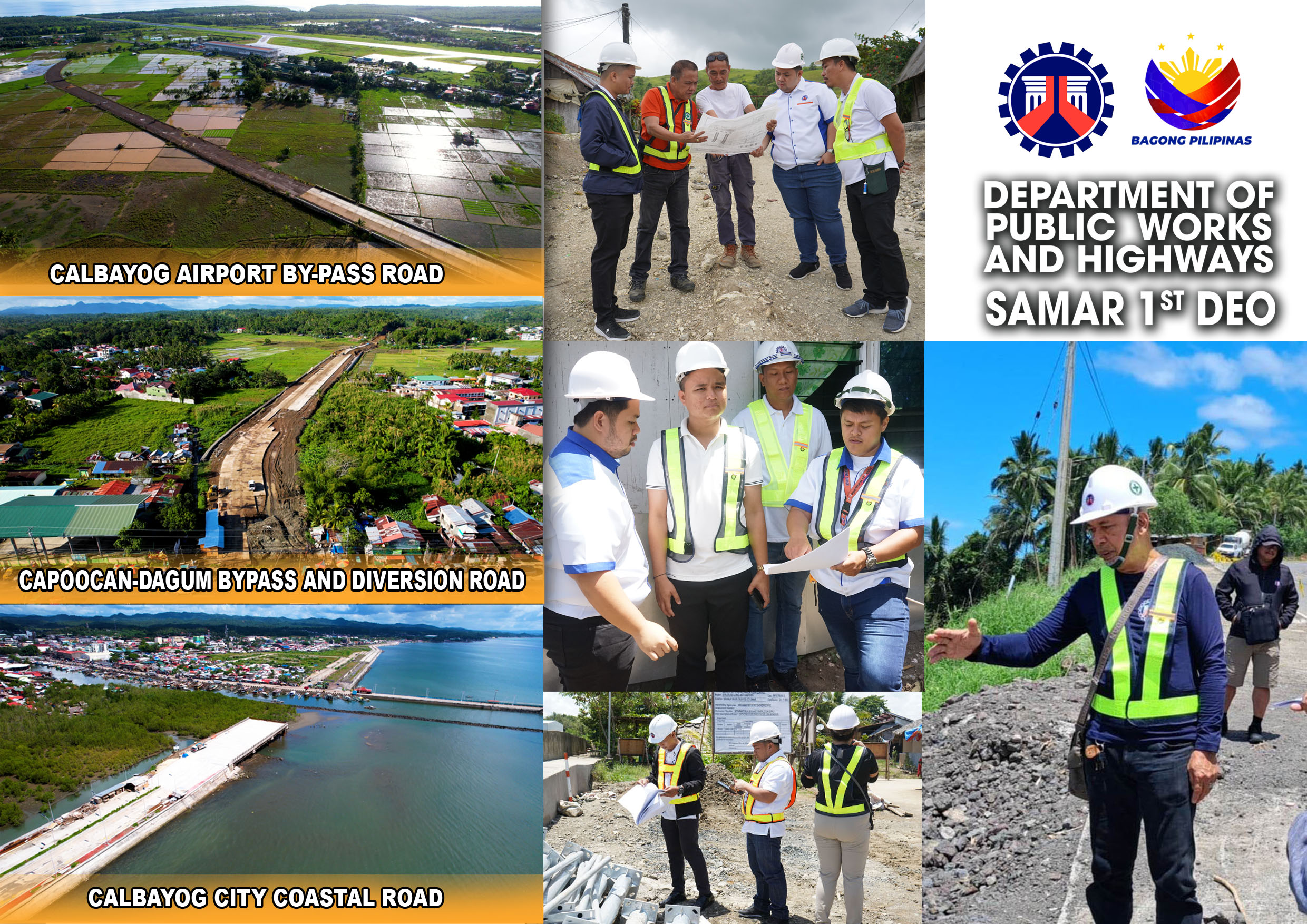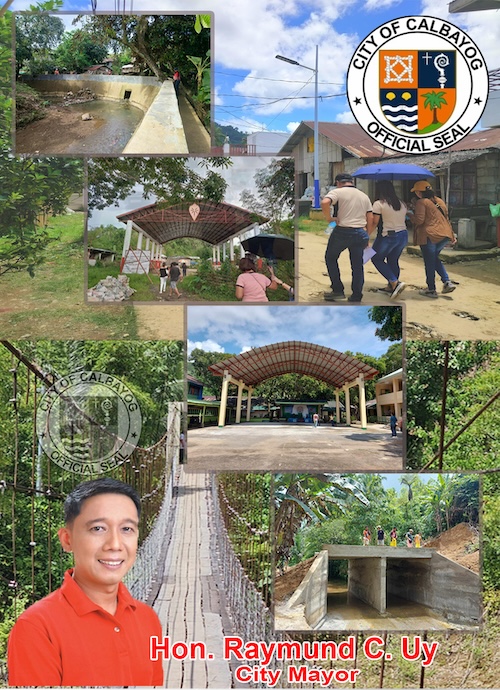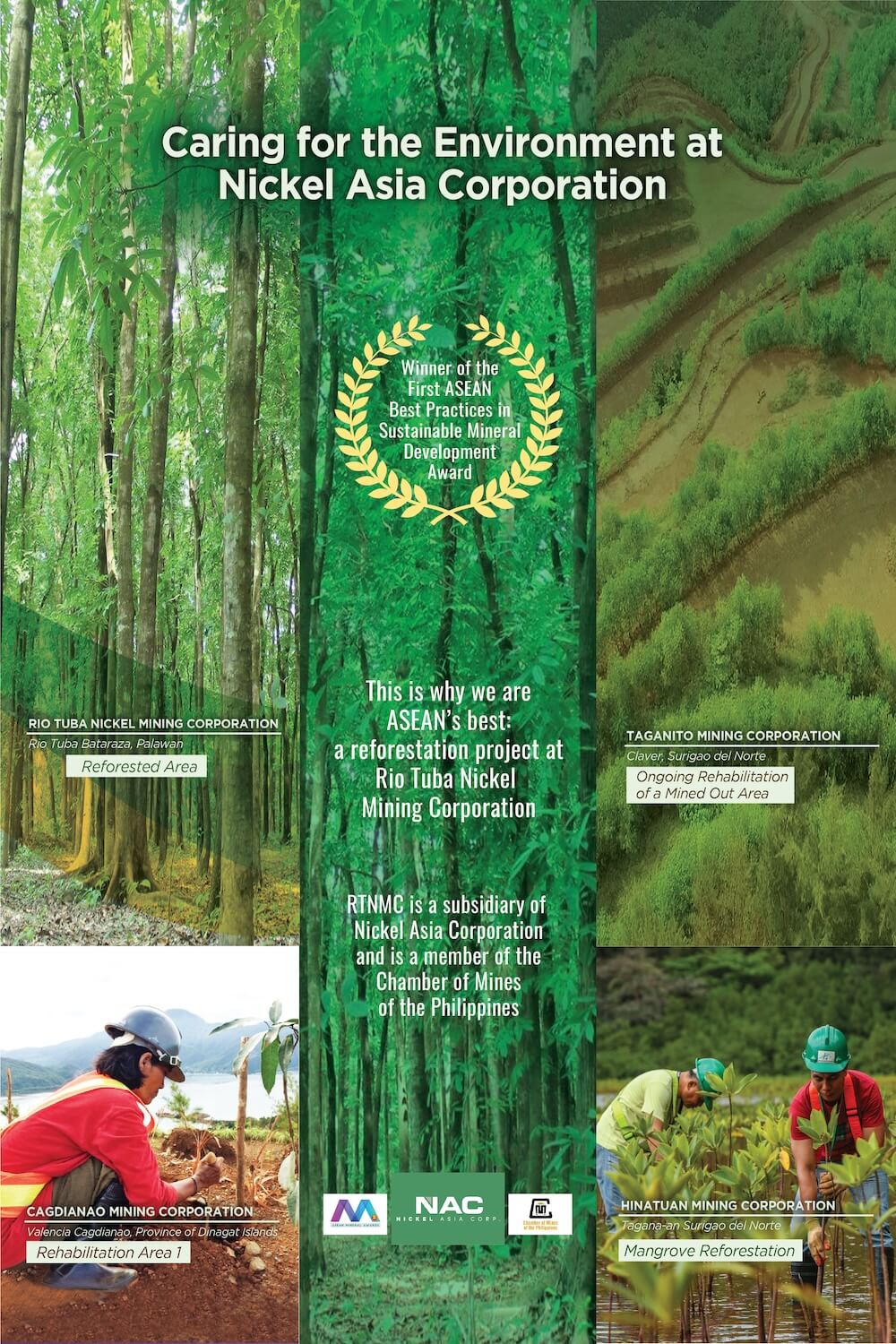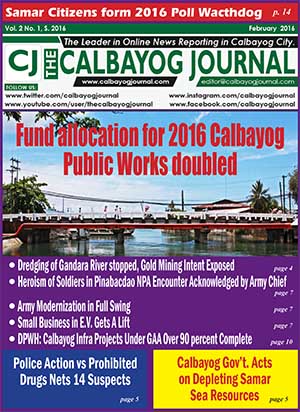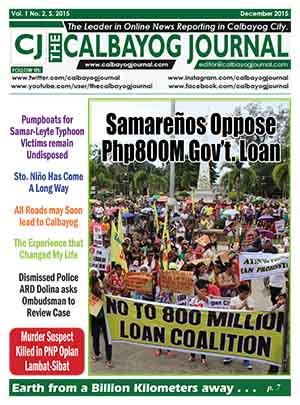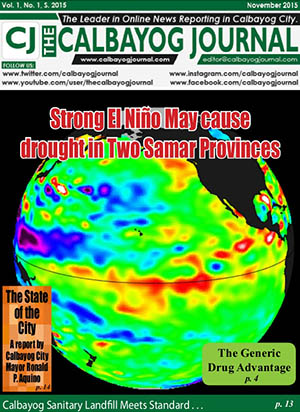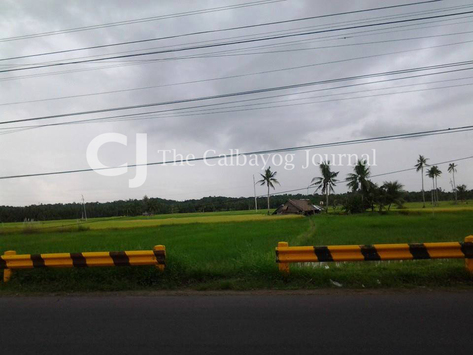
Hopefully the reported peddling in Mindanao of the so-called imported fake rice will arouse the regime's interest in doing the work truly required in promoting the healthy growth of our crop production as well as the welfare of the cultivators of the soil whose ill-being is a detriment to the country's socio-economic progress.
The Philippines is basically an agricultural country with plenty of experts in farming, thus the persistent importation of crops specially rice is quite upsetting.
Although the procurement of rice from external sources may not, at all times, be attributed solely to the short supply of the commodity for the lure of huge profit could also spur importation of crops from foreign countries where they could be obtained cheaply, the entry of the synthetic rice into markets in the south would have not happened if our rice supply is really sufficient and obtainable at a low price.
The outsourcing of rice by food traders implies that our rice production is far below the level where importation becomes impractical and very expensive.
Such a condition is not suppose to exist in a country where land suitable for farming is abundant and the number of tillers is abounding.
This simply means that past and present agriculture managers in our government have failed to seriously address the problems or the needs of the agricultural sector that should have been attended to wholeheartedly not just because it is the economic subdivision which produces the food that sustains the nation but also for the reason that when a food crisis happens an undesirable outcome that could lead to instability is possible.
The Calbayog Journal believes that there is no dearth of bright minds in government. In fact, we have achieved breakthroughs in rice research that produced high-yielding and resilient rice varieties in recent years.
What is scarce are public servants who truly love this country and deeply concerned with the well-being of the Filipinos.
The Philippines is basically an agricultural country with plenty of experts in farming, thus the persistent importation of crops specially rice is quite upsetting.
Although the procurement of rice from external sources may not, at all times, be attributed solely to the short supply of the commodity for the lure of huge profit could also spur importation of crops from foreign countries where they could be obtained cheaply, the entry of the synthetic rice into markets in the south would have not happened if our rice supply is really sufficient and obtainable at a low price.
The outsourcing of rice by food traders implies that our rice production is far below the level where importation becomes impractical and very expensive.
Such a condition is not suppose to exist in a country where land suitable for farming is abundant and the number of tillers is abounding.
This simply means that past and present agriculture managers in our government have failed to seriously address the problems or the needs of the agricultural sector that should have been attended to wholeheartedly not just because it is the economic subdivision which produces the food that sustains the nation but also for the reason that when a food crisis happens an undesirable outcome that could lead to instability is possible.
The Calbayog Journal believes that there is no dearth of bright minds in government. In fact, we have achieved breakthroughs in rice research that produced high-yielding and resilient rice varieties in recent years.
What is scarce are public servants who truly love this country and deeply concerned with the well-being of the Filipinos.


